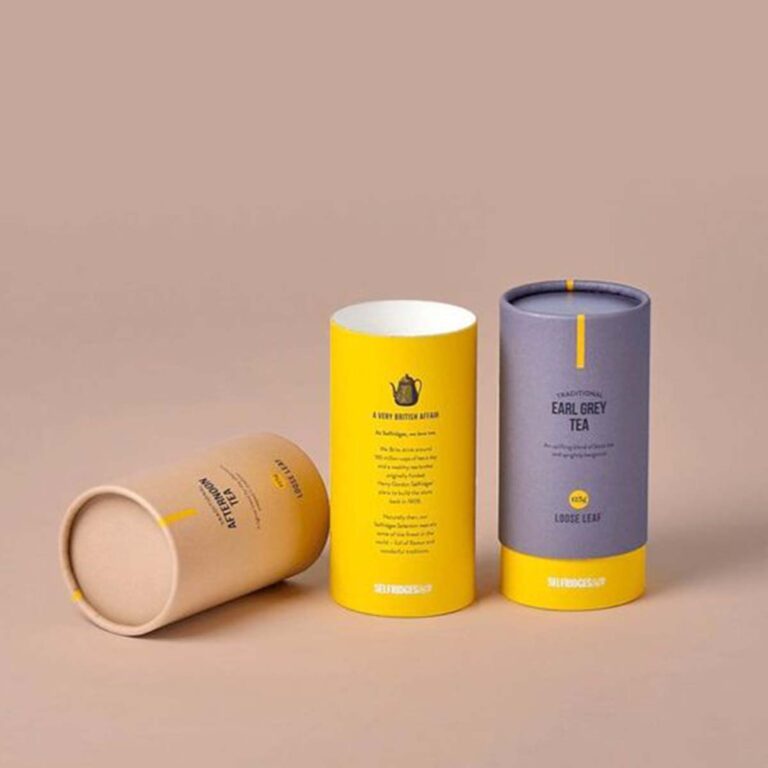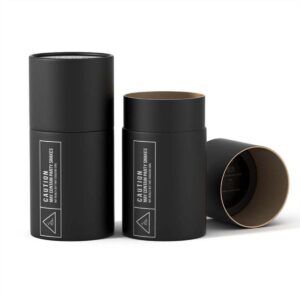In a world where sustainability is becoming more important than ever, innovative solutions that promote eco-friendly practices are essential. One such solution that has gained attention in various industries is the use of paper tubes. These cylindrical structures, made from layers of paperboard, offer a versatile, sustainable, and cost-effective alternative to plastic and metal tubes. They serve numerous functions, from packaging and mailing to construction and creative DIY projects.
The Environmental Benefits of Paper Tubes
One of the most significant advantages of paper tubes is their environmental friendliness. Unlike plastic, which takes hundreds of years to decompose, paper tubes are biodegradable and recyclable. They can be easily repurposed, reducing waste and minimizing their environmental impact. Additionally, many manufacturers produce paper tubes from recycled materials, further promoting a circular economy.
Biodegradable and Recyclable
Paper tubes decompose naturally, breaking down into organic matter without harming the environment. This makes them an excellent choice for companies aiming to reduce their carbon footprint. Furthermore, they can be recycled and transformed into new paper products, reducing the need for virgin materials.
Reduced Plastic Usage
With growing concerns about plastic pollution, industries are seeking plastic-free alternatives for packaging. Paper tubes provide a practical substitute, helping businesses transition towards more sustainable materials. Consumers, too, are becoming more conscious of their purchasing choices and prefer packaging that aligns with environmental values.
Practical Applications of Paper Tubes
Packaging and Shipping
One of the most common uses of paper tubes is in packaging and shipping. Their sturdy structure protects fragile items during transit, making them ideal for mailing posters, artwork, and delicate products. Many brands also use custom-designed paper tubes for premium packaging, offering a sustainable yet stylish solution.

Construction and Industrial Uses
Beyond packaging, paper tubes play a crucial role in construction and industrial applications. They serve as structural supports in concrete forming, creating molds for pillars and columns. Their durability and affordability make them a preferred choice in construction projects, reducing costs while maintaining efficiency.
Creative and DIY Projects
Paper tubes are a favorite among artists and DIY enthusiasts. Their versatility allows for endless creativity, from home decor and crafts to educational projects for children. Whether used for creating organizers, lamps, or wall art, paper tubes provide a sustainable material for innovative designs.
Why Businesses Should Consider Paper Tubes
Companies across various industries are adopting paper tube packaging as part of their sustainability initiatives. Here’s why businesses should make the switch:
- Eco-conscious branding: Consumers appreciate brands that prioritize sustainability. Using paper tubes can enhance a company’s reputation and attract environmentally aware customers.
- Cost-effective production: Paper tubes are generally more affordable than plastic or metal alternatives, allowing businesses to reduce packaging expenses without compromising quality.
- Customization options: Paper tubes can be easily designed and printed to reflect a brand’s identity. From matte finishes to embossed logos, businesses can create packaging that stands out.
The Future of Paper Tubes
With ongoing advancements in sustainable materials, paper tubes are likely to become even more prevalent in the coming years. As companies continue to prioritize eco-friendly solutions, the demand for biodegradable and recyclable products will rise. Innovations in material strength and design will further expand the applications of paper tubes, making them an indispensable part of various industries.
In conclusion, custom paper tubes are an excellent example of how simple yet effective solutions can contribute to a greener planet. Whether used for packaging, construction, or creative projects, their benefits extend beyond convenience—they represent a step toward a more sustainable future.


